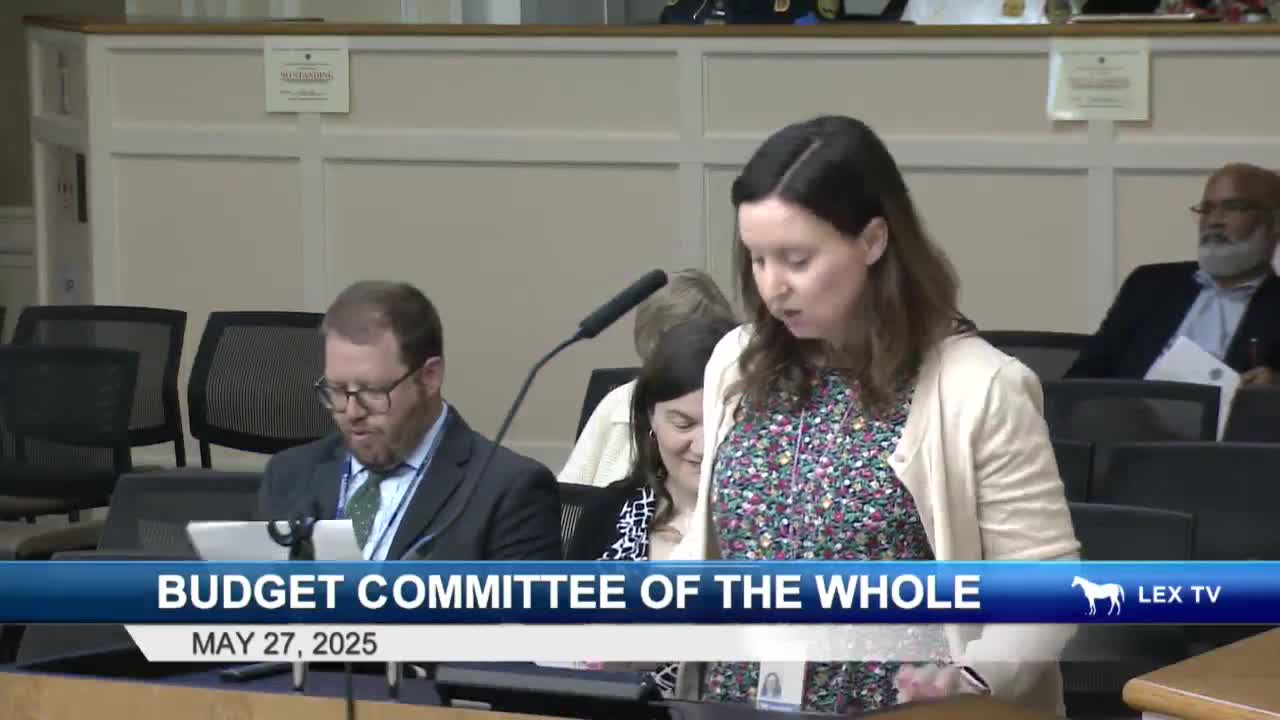Article not found
This article is no longer available. But don't worry—we've gathered other articles that discuss the same topic.
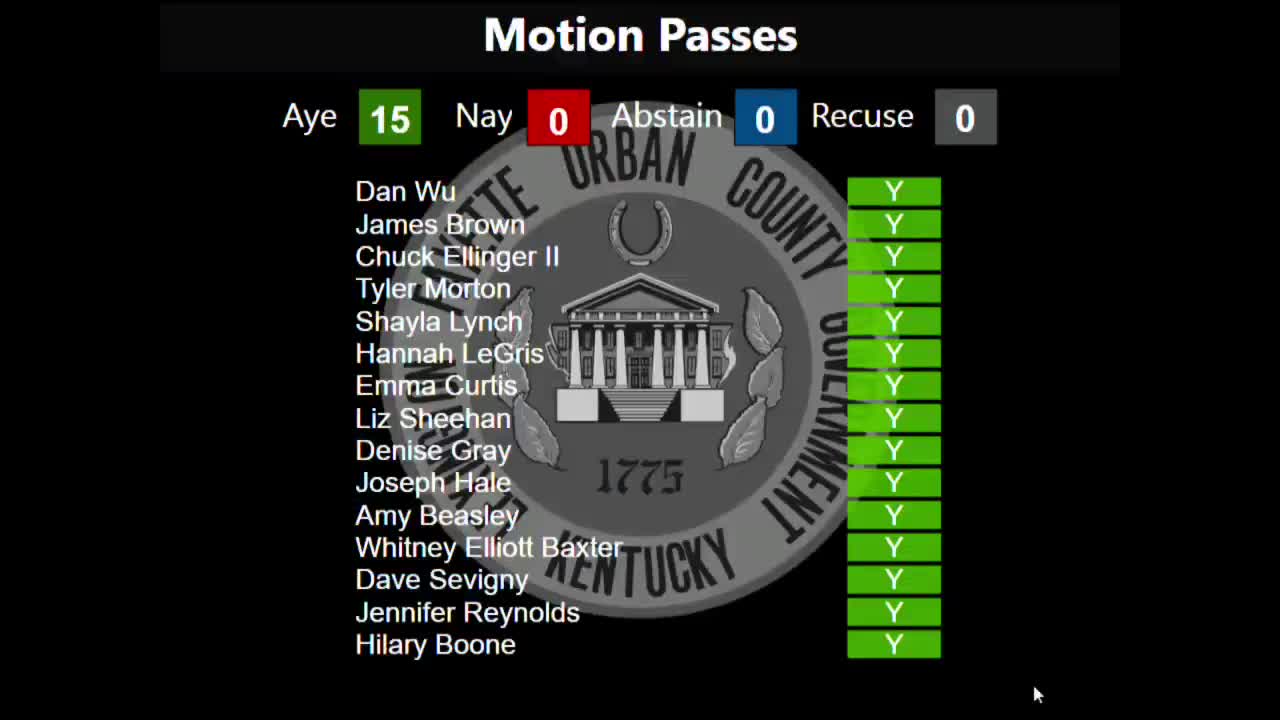
Council prefunds two transit pilots: $250,000 for microtransit feasibility pilot and $250,000 for downtown connector circulator
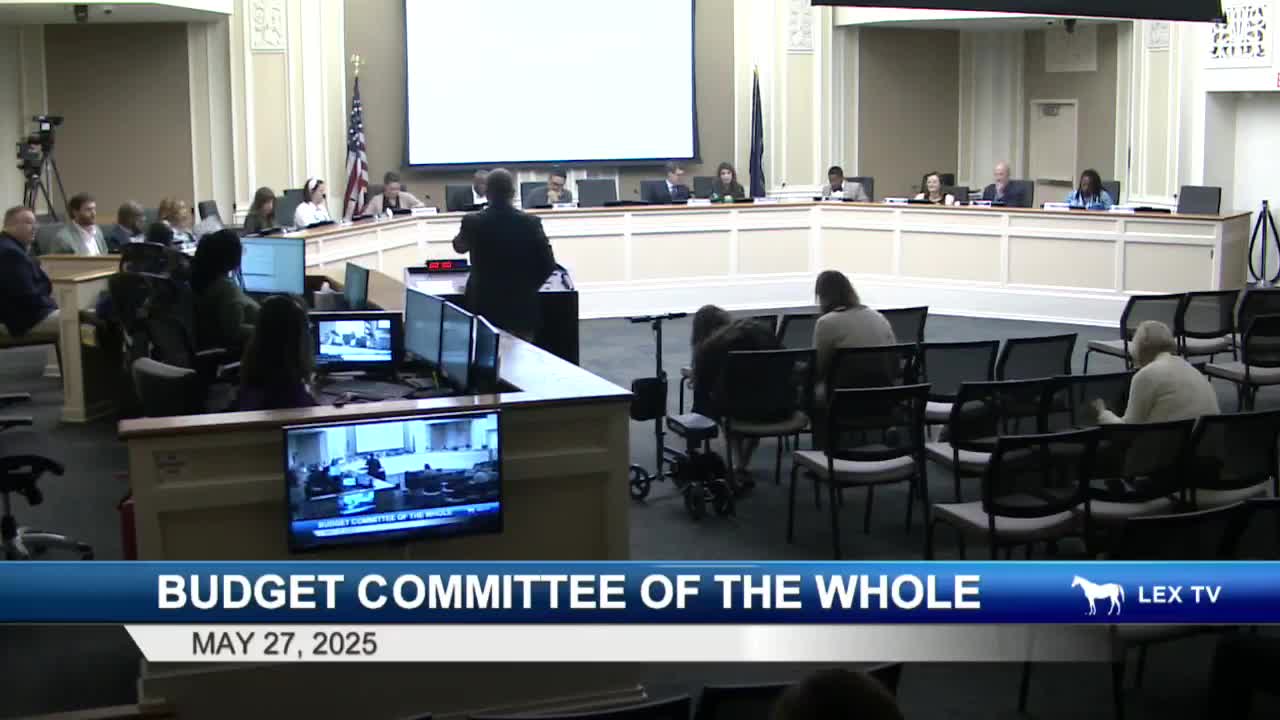
City finance staff report April shortfall tied to timing of tax mailings; payroll withholding and franchise fees remain strong
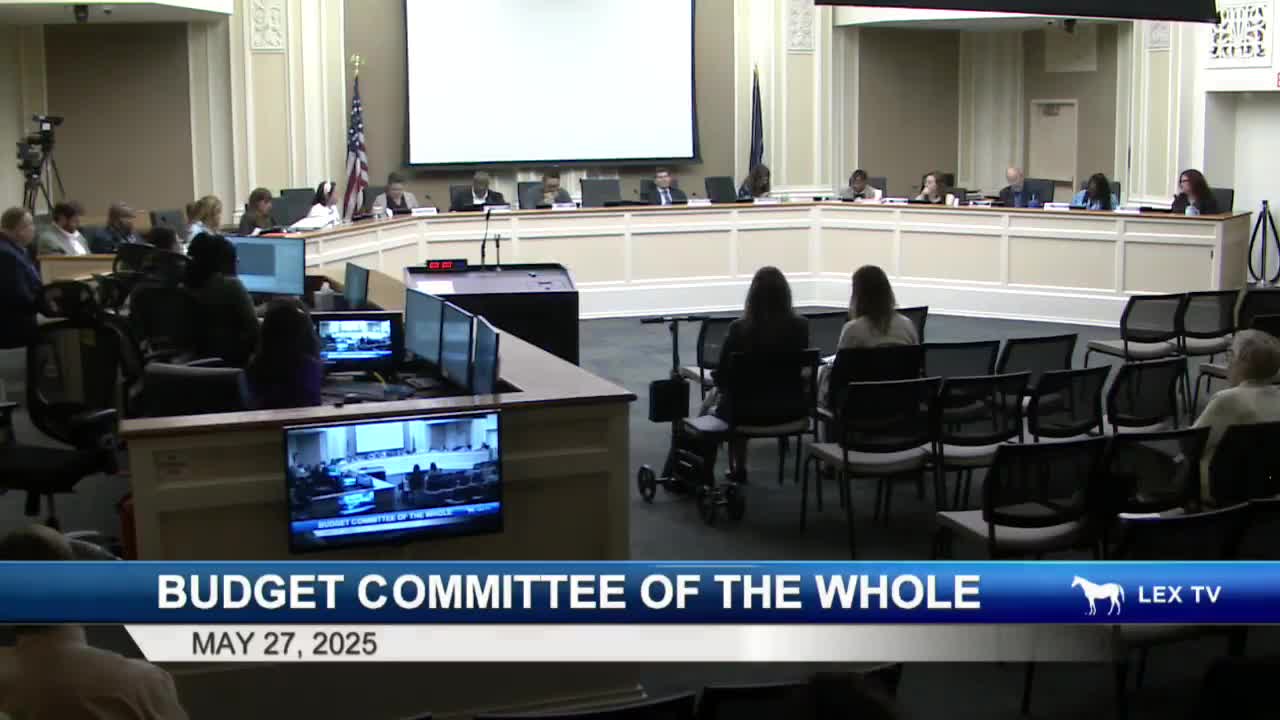
Council adds $250,000 in prefunding to sidewalk connectivity program; second $250,000 deferred to fall fund‑balance talks
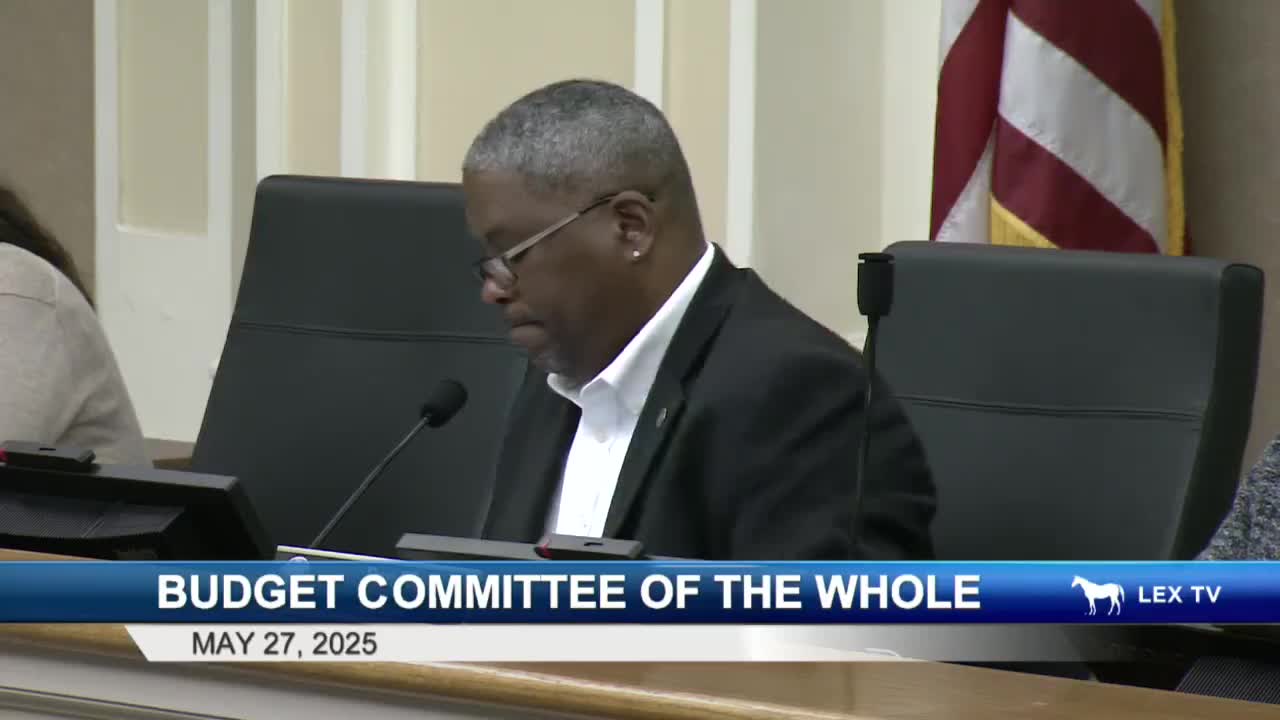
Council funds initial tech workforce actions; larger tech council ask pushed to fall fund‑balance discussion
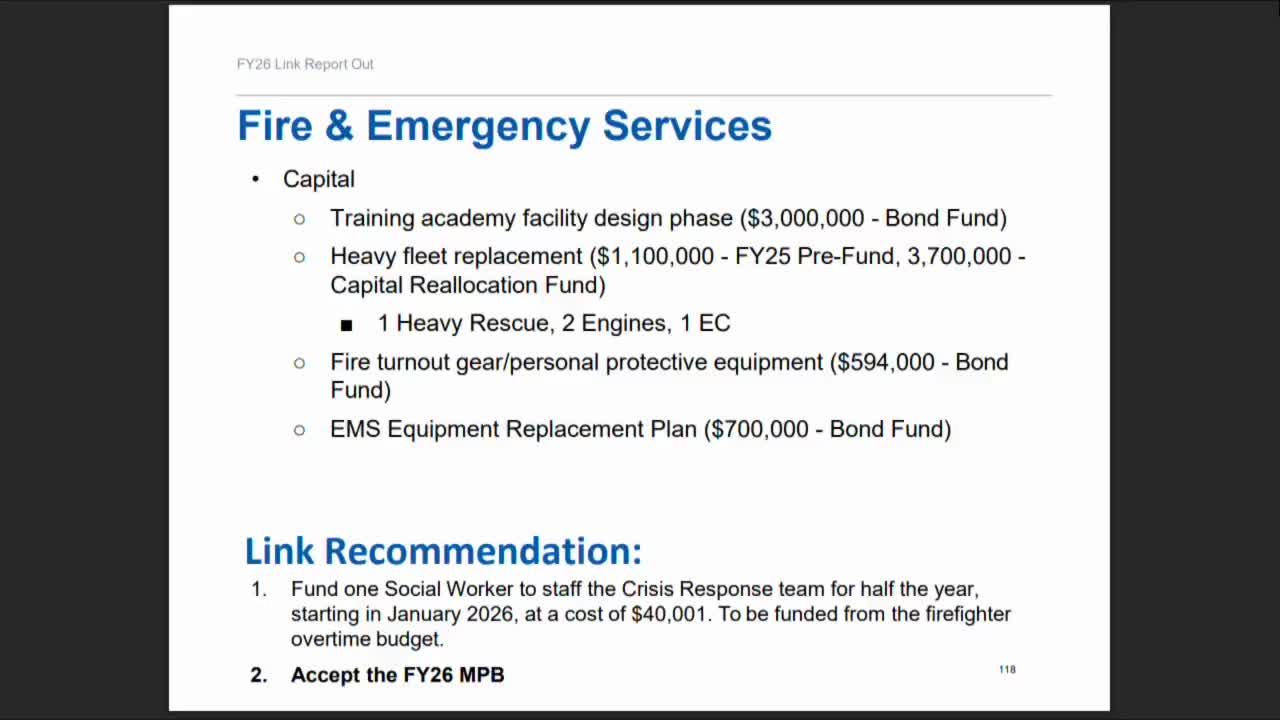
Council approves half‑year social worker to expand crisis co‑response team; funding redirected from firefighter overtime
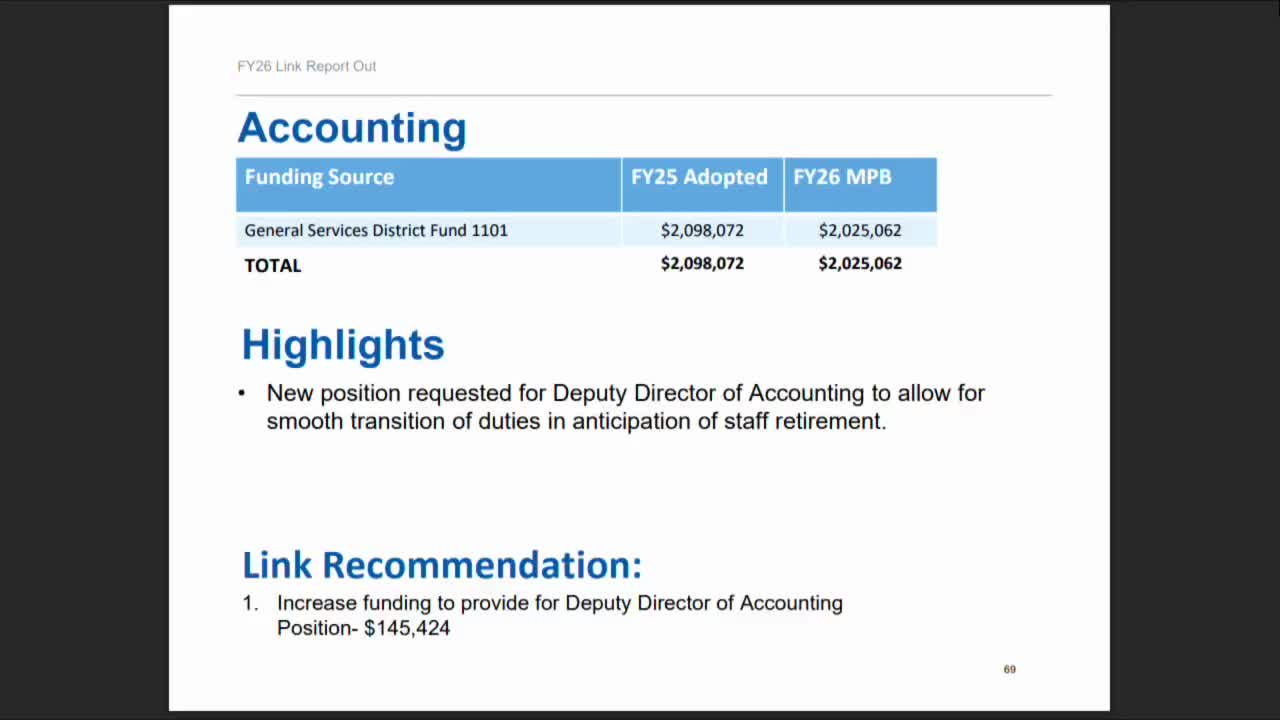
Council approves new deputy director of accounting amid debate over timing and funding source
